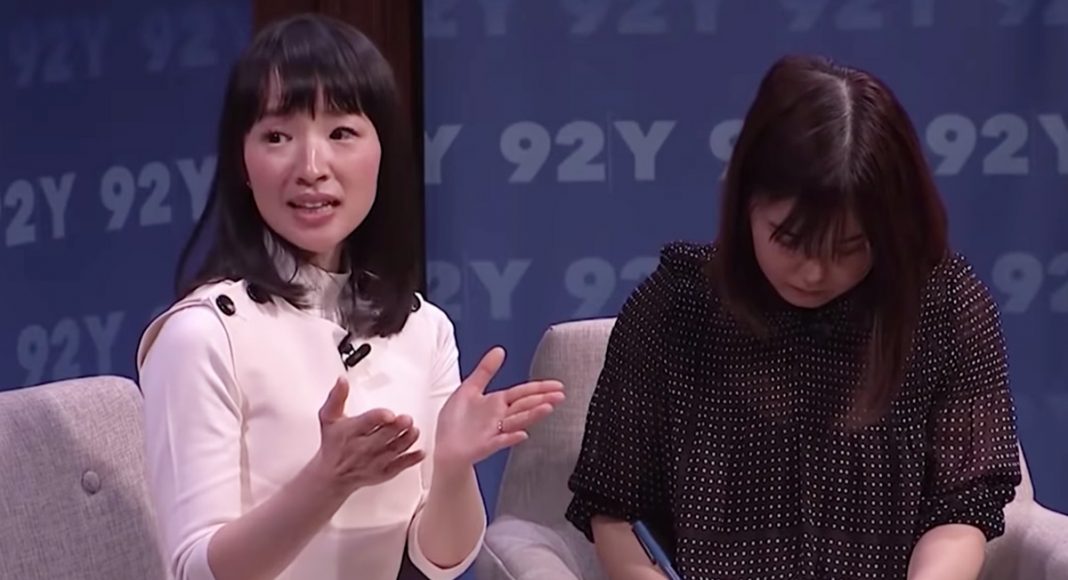There’s been some unnecessary backlash surrounding Mari Kondo and her KonMari method of decluttering homes. In her Netflix hit “Tidying Up With Mari Kondo,” the petite tidying expert and best-selling author explains that there are five tidying categories: clothing, books, paper, komono (kitchen, bathroom, garage, miscellaneous) and sentimental items.
People are really pissed off about the book part of that sequence.
https://twitter.com/AnakanaSchofiel/status/1080957281636835328
https://twitter.com/Kevin_Church/status/1081545295547297792
But as Kondo tells IndieWire, she doesn’t want people to get rid of any book they don’t want to get rid of. Period.
“The most important part of this process of tidying is to always think about what you have and about the discovery of your sense of value, what you value that is important,” she said through her interpreter, Marie Iida. “So it’s not so much what I personally think about books. The question you should be asking is what do you think about books.”
RELATED: Meme Of The Week: Marie Kondo’s Inspiring And Terrifying Netflix Show Leads To Hundreds Of Memes
Last week, Kondo spoke to Katie Rosman of The New York Times to say that people were missing the point of her reasoning to clear out books. “The point of the KonMari method is to figure out your sense of value — what do you hold most important? So if your reaction is anger over having to let go of books, then that’s great because that means for you, books are invaluable.”
In other words, if something sparks joy for you, you must keep it with confidence. If Kondo’s Netflix series and cluttered book theory make you angry, stop watching.
Also, this idea that Kondo wants to host a book burning party when you decide to nix your old copy of “Eat, Pray, Love,” she tells IndieWire that’s just ridiculous.
“I do think there is a misunderstanding of the process, that I’m recommending that we throw away books in the trash or burn them or something. I always recommend donating them, so if that’s part of the misunderstanding, then that’s certainly being mixed up.”
RELATED: New Studies Suggest Digital Hoarding Might Be A Real Disease
She also understands that discarding books is a cultural thing that many Americans may be uncomfortable with.
“I grew up in Japan, and the climate there is very humid. So it’s damp and the moisture in the air causes lots of damage to the books. It’s not great to have a lot of damaged books. The books themselves won’t even open, they’re so damaged,” she said. “So if you’re retaining so many that you’re not reading, you might have to let go of some. But I’ve learned through this experience that’s very different in a foreign country where the climate is very different, and you’re able to keep the books in beautiful condition. Plus, you have more space to keep them, and that’s perfectly fine, so that’s one of the biggest things I learned through this process.”


